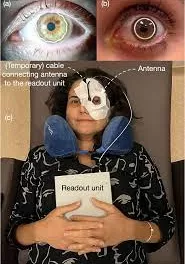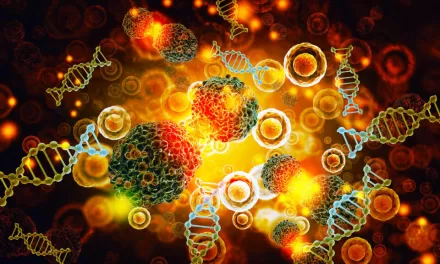Cambridge, UK— Social connections with friends and family may play a vital role in keeping us healthy by boosting our immune systems and reducing the risk of diseases such as heart disease, stroke, and type 2 diabetes, according to groundbreaking new research published in Nature Human Behaviour.
The study, conducted by researchers from the University of Cambridge in the UK and Fudan University in China, analyzed blood samples from over 42,000 adults enrolled in the UK Biobank. By examining the “proteomes”—the complete set of proteins in the blood—scientists uncovered a direct link between social isolation, loneliness, and increased levels of proteins associated with inflammation, cardiovascular disease, and other health issues.
The Impact of Social Isolation and Loneliness on Health
Social isolation, an objective measure of factors like living alone and social activity frequency, and loneliness, a subjective feeling of being disconnected, have both been strongly linked to poorer health and higher mortality. However, this study sheds new light on the biological mechanisms behind these connections.
Researchers identified 175 proteins linked to social isolation and 26 associated with loneliness. Approximately 85% of these proteins overlapped between the two conditions. Many of these proteins are involved in the body’s immune response, inflammation, and processes tied to chronic diseases like type 2 diabetes, stroke, and heart disease.
Dr. Chun Shen of the University of Cambridge and Fudan University emphasized the study’s significance:
“We’ve known that social isolation and loneliness are associated with poor health, but we’ve never fully understood why. This research highlights specific proteins that mediate this relationship, offering valuable clues to the biological underpinnings of the health impacts of social disconnection.”
Key Findings: Proteins and Brain Health
The study identified five proteins whose levels were directly influenced by loneliness. One of these proteins, ADM, plays a role in stress regulation and the production of oxytocin, often called the “love hormone.” Elevated ADM levels were linked to smaller brain volumes in regions like the insula and left caudate, which are crucial for emotional and social processing. High ADM levels also correlated with an increased risk of early death.
Another protein, ASGR1, was associated with higher cholesterol and greater cardiovascular disease risk. Other identified proteins were tied to conditions like insulin resistance, atherosclerosis, and even cancer progression.
The Role of Proteomics and AI
With more than 100,000 proteins in the human body, high-throughput proteomics and artificial intelligence are transforming our understanding of health and disease. The researchers believe their findings could pave the way for new diagnostic tools and treatments.
Call to Action: Tackling Loneliness as a Public Health Priority
Professor Barbara Sahakian of the University of Cambridge underscored the study’s urgency:
“Social isolation and loneliness are increasing globally, and the World Health Organization recognizes them as major public health concerns. It’s crucial to find ways to keep people connected to improve their well-being and prevent disease.”
The research received funding from several organizations, including the National Natural Sciences Foundation of China, the Shanghai Rising-Star Program, and the UK Biobank.
As the evidence grows, the message is clear: fostering strong social ties isn’t just good for the soul—it’s vital for our health.
Journal Reference:
Shen, C., et al. (2025). Plasma proteomic signatures of social isolation and loneliness associated with morbidity and mortality. Nature Human Behaviour. DOI: 10.1038/s41562-024-02078-1.











